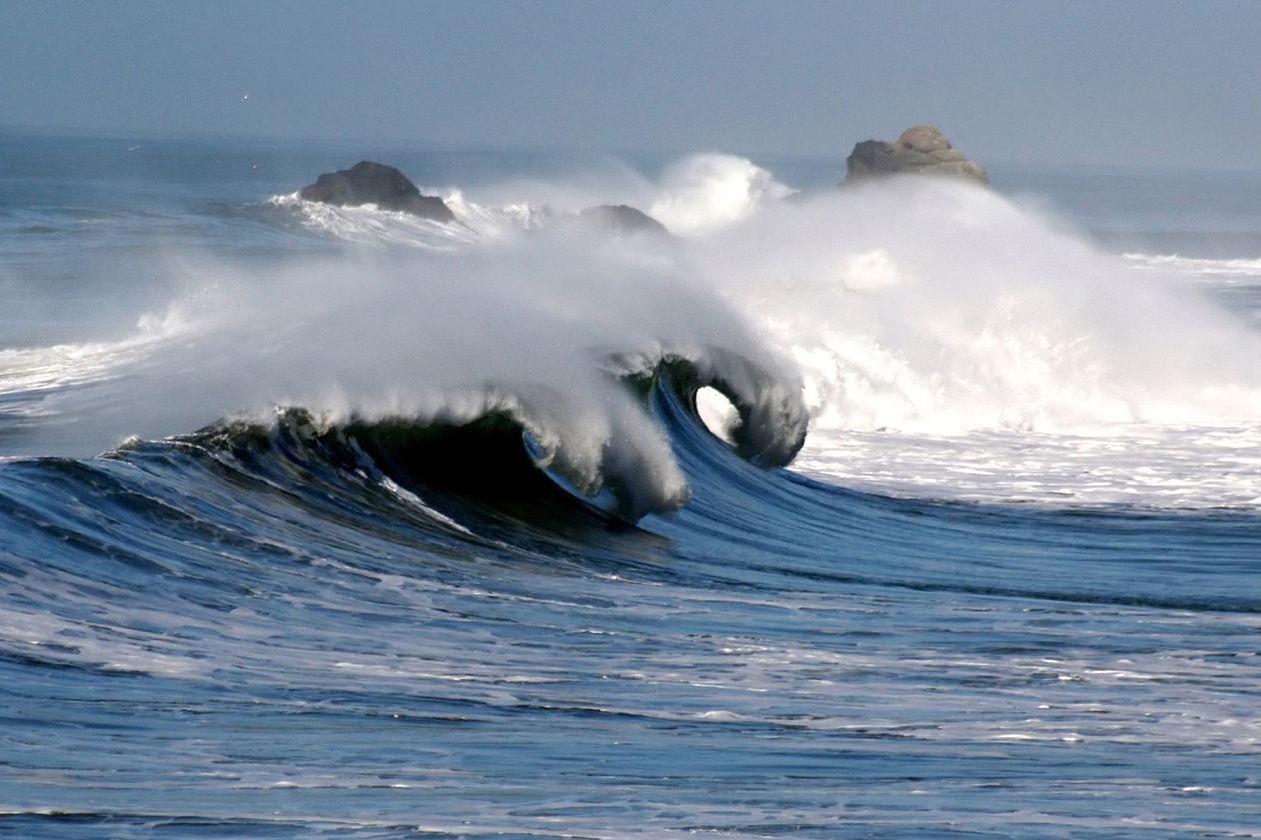Y: The world’s oceans are like a sponge for heat, absorbing about ninety percent of the excess warming caused by carbon emissions from human activities.
D: That would mean that measuring changes in the temperature of the oceans is an independent and critical measure of climate change. What are scientists doing to monitor ocean temperatures?
Y: Scientists have many ways to monitor ocean temperatures, some of which date back to the nineteen fifties. But, those early measurements had limited coverage because they were based on data taken from passing ships. Since 2005 the Argo project has deployed an international network of thousands of floating automated stations to monitor the world’s oceans. These floats measure ocean temperature down to a depth of 6,500 feet, and report the results via satellite. In early 2020 a team of Chinese and American researchers reported a comprehensive analysis of all the available data to assess how much the oceans have warmed.
D: So what did they find?
Y: They found the oceans are warming very consistently. The five years prior to 2020 were the warmest five recorded years, and the past ten years were the top ten years on record. It takes an enormous amount of energy to warm all that water even slightly. Over the last twenty-five years it amounts to the addition of two hundred and twenty eight billion trillion Joules of energy to the world’s oceans. That’s as much energy as three-point-six billion Hiroshima bomb explosions. Ocean warming causes rising sea levels, an increase in the frequency of severe storms, heavy rains, flooding, and droughts. Warmer oceans also become more acidic, which harms marine life.









